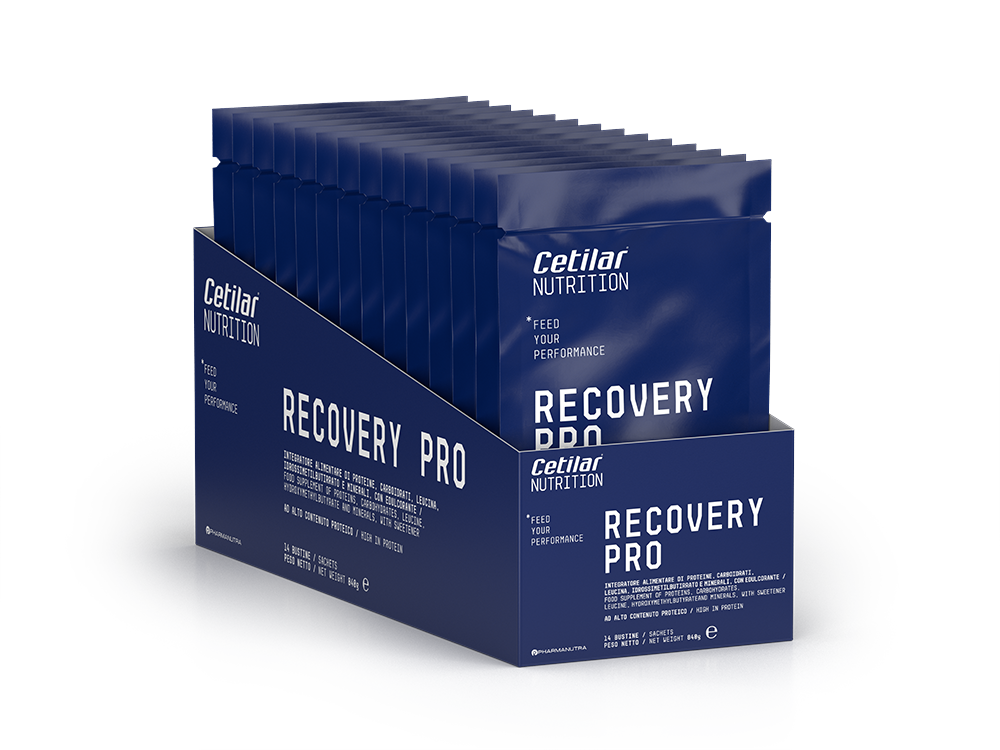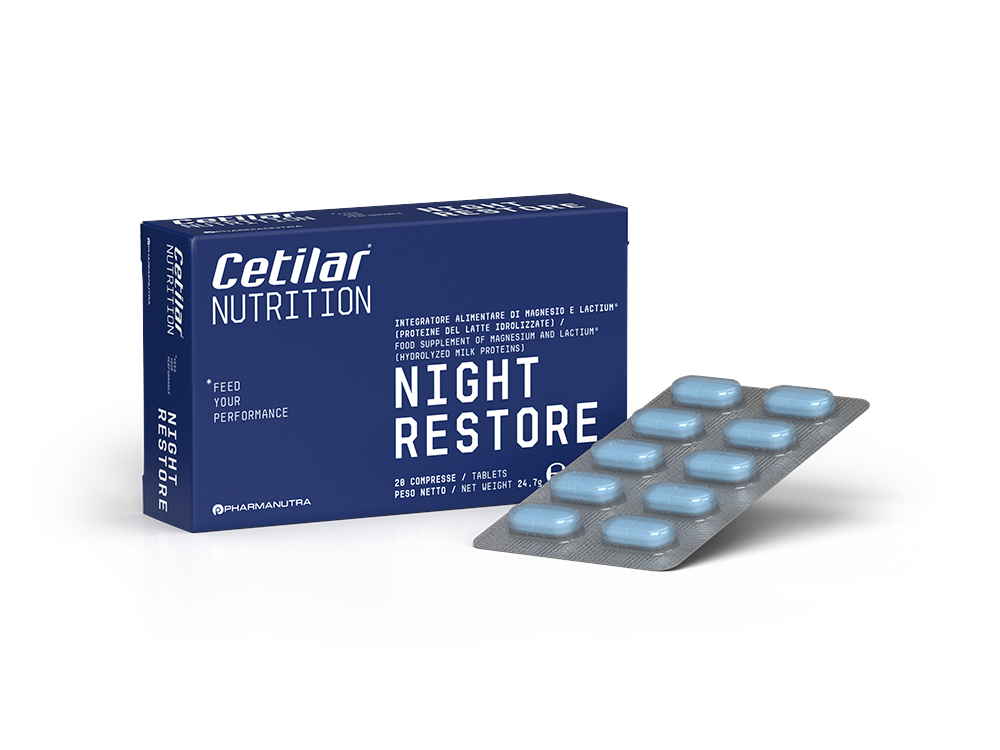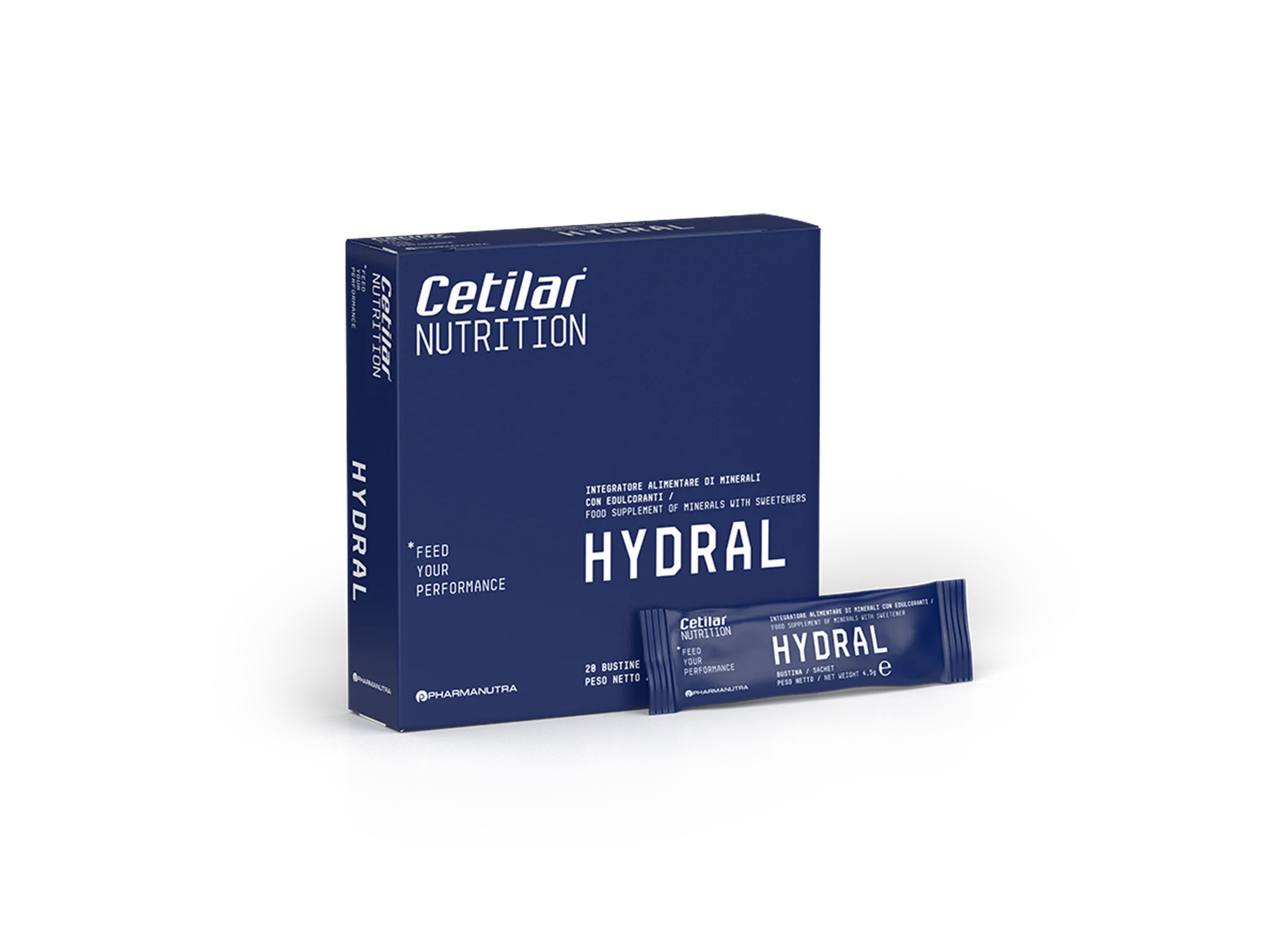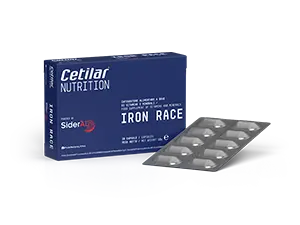Post-workout nutrition: not only proteins

Protein intake in athletes is linked to a very specific time of day: the post-workout phase. But should you really eat nothing by proteins at this stage? The answer is no, let’s see why.
A sporting diet is indispensable for improving an athlete’s performance during physical activity. The right energy and nutritional needs can only be met with a correct diet. Proper sports nutrition should therefore consist primarily of a balanced diet. However, diet alone may not always provide the necessary intake of nutrients, making dietary supplementation essential to support athletic performance, particularly in high-intensity or endurance sports.
What to eat after training? Proteins are not enough
Eating a combination of protein and carbohydrates is essential after a workout: protein assists with muscle repair and rebuilding, while carbohydrates help replenish energy reserves in the form of glycogen.
Protein-rich post-workout foods include lean meats like chicken, turkey and beef, as well as fish, eggs, dairy products such as Greek yoghurt and milk, tofu and pulses. Carbohydrate options include fruit, vegetables, brown rice, sweet potatoes, wholemeal bread and whole-grain cereals.
Proper hydration is also crucial after physical activity. It is essential to replace lost fluids by drinking water and electrolytes, aiming to replenish 150% of the fluids lost through sweat.
There are numerous products available on the market to support the recovery phase, many of which are primarily protein-based. However, it is often beneficial to opt for more comprehensive post-workout supplements that include not only protein but also other key ingredients that aid in muscle recovery. Substances like Leucine and Hydroxymethylbutyrate (HMB) are commonly used in sports supplementation to enhance protein synthesis and reduce delayed onset muscle soreness (DOMS).
Minerals in the post-workout phase: zinc and iron
Minerals also play a crucial role in post-workout muscle recovery, with zinc and iron being particularly important.
Zinc is an essential mineral involved in various physiological processes, including muscle protein synthesis. This process is vital for the body’s production of new proteins, which are necessary for tissue maintenance, repair and growth.
Zinc contributes to protein synthesis in several ways:
- Enzyme activation, acting as a cofactor for numerous enzymes involved in protein synthesis;
- Regulation of gene transcription;
- Stabilisation of protein structures.
Therefore, ensuring an adequate intake of zinc is essential for supporting optimal protein synthesis and, consequently, muscle recovery in the body.
Dietary sources of zinc include meat, seafood, dairy products, nuts, seeds and whole grains. Zinc supplements are also available for people who may struggle to obtain sufficient zinc through diet alone.
Iron, another essential mineral, plays a vital role in several physiological processes, such as oxygen transport in the blood and energy metabolism. While iron is not directly involved in protein synthesis like leucine or zinc, it is still crucial in post-workout recovery for the following reasons:
- Oxygen transport: iron is a key component in the formation of haemoglobin, the molecule in the blood responsible for carrying oxygen from the lungs to muscle tissue. Adequate iron levels ensure effective oxygen delivery to muscles, which is essential for efficient post-workout recovery and overall muscle function.
- Muscle function: it plays a crucial role in energy production within muscle cells, being integral to energy metabolism. Iron deficiency can impair muscle function and efficiency during training, affecting overall performance.
- Tissue recovery and repair: iron is also involved in healing and repairing tissues, including muscles that are damaged during exercise. Ensuring an adequate intake of iron can help improve recovery time and reduce the risk of muscle injury.
The human body contains about 3-4 grams of iron, which is mostly recycled and distributed between the bloodstream and various organs. However, the amount of iron we absorb daily from food is relatively low, typically around 1-2 mg. This small amount primarily comes from specific foods, such as: liver, offal, seafood, meat in general and horse meat in particular, fish, milk, certain types of green vegetables (especially Brussels sprouts and spinach), legumes (beans), dried fruit (almonds and dried figs in particular) and cocoa.
RECOVERY PRO: the ultimate post-workout
Recovery Pro from the Cetilar® Nutrition line is a food supplement designed to support post-workout muscle recovery. It contains a blend of whey protein isolate, fast-release carbohydrates (maltodextrin and fructose), leucine, HMB, iron and zinc. This formulation is particularly beneficial for enhancing muscle recovery after exercise.
Both the iron and zinc are formulated with Sucrosomial® technology, a unique patent held by PharmaNutra S.p.A. This technology encases the minerals in a matrix of phospholipids and saccharic acid esters, known as Sucrosome®, which significantly improves absorption and gastrointestinal tolerability, addressing common challenges associated with traditional mineral supplements.
Recovery Pro is a valuable ally in post-exercise muscle recovery. We recommend mixing the contents of one sachet (60 grams) with 250-300 ml of water, milk, or any vegetable drink. Use a shaker to create a uniform solution and consume the drink within one hour of completing your physical activity.
In summary, remember that…
Post-workout nutrition should include more than just protein. A balanced intake of protein, carbohydrates and minerals is crucial for optimal recovery and enhanced athletic performance. Targeted supplements such as leucine, HMB, zinc and iron can provide additional support for the muscle recovery process.



